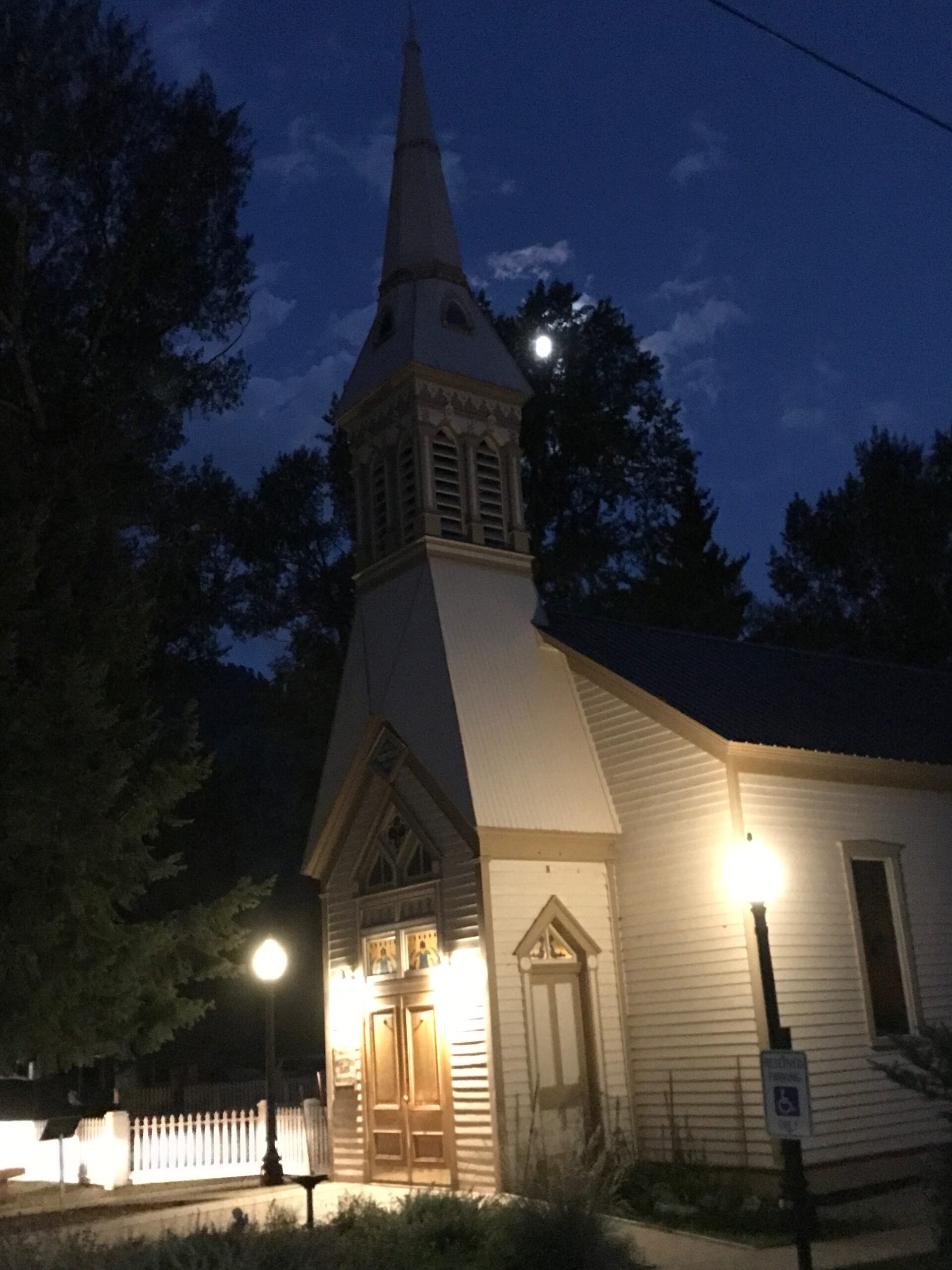
Luke 1:17-20, 57-80
With the spirit and power of Elijah he will go before him, to turn the hearts of parents to their children and the disobedient to the wisdom of the righteous, to make ready a people prepared for the Lord.” Zechariah said to the angel, “How can I know that this will happen? For I am an old man, and my wife is getting on in years.” The angel replied, “I am Gabriel. I stand in the presence of God, and I have been sent to speak to you and to bring you this good news. But now, because you did not believe my words, which will be fulfilled in their time, you will become mute, unable to speak, until the day these things occur.”
(After some time)
Now the time came for Elizabeth to give birth, and she bore a son. Her neighbors and relatives heard that the Lord had shown his great mercy to her, and they rejoiced with her. On the eighth day they came to circumcise the child, and they were going to name him Zechariah after his father. But his mother said, “No; he is to be called John.” They said to her, “None of your relatives has this name.” Then they began motioning to his father to find out what name he wanted to give him. He asked for a writing tablet and wrote, “His name is John.” And all of them were amazed. Immediately his mouth was opened and his tongue freed, and he began to speak, praising God. Fear came over all their neighbors, and all these things were talked about throughout the entire hill country of Judea. All who heard them pondered them and said, “What then will this child become?” For indeed the hand of the Lord was with him.
Then his father Zechariah was filled with the Holy Spirit and prophesied: “Blessed be the Lord God of Israel, for he has looked favorably on his people and redeemed them. He has raised up a mighty savior for us in the house of his child David, as he spoke through the mouth of his holy prophets from of old, that we would be saved from our enemies and from the hand of all who hate us. Thus he has shown the mercy promised to our ancestors and has remembered his holy covenant, the oath that he swore to our ancestor Abraham, to grant us that we, being rescued from the hands of our enemies, might serve him without fear, in holiness and righteousness in his presence all our days. And you, child, will be called the prophet of the Most High, for you will go before the Lord to prepare his ways, to give his people knowledge of salvation by the forgiveness of their sins. Because of the tender mercy of our God, the dawn from on high will break upon us, to shine upon those who sit in darkness and in the shadow of death, to guide our feet into the way of peace.” The child grew and became strong in spirit, and he was in the wilderness until the day he appeared publicly to Israel.
Reflection
One of the hidden gems in the narrative of Christ’s birth can be found in these two passages, both from chapter one of Luke’s gospel. In the first section, our story picks up where the December 17th devotional left off. The Angel of the Lord continued to engage with Zechariah about the promised prophet that Elizabeth would carry soon.
We’re told that the child will have the spirit and power of Elijah (which is no small measure). We also learn that the prophet will turn the hearts of parents to their children. This little phrase is often overlooked when considering the larger narrative of Christ’s birth–which is a travesty. From the 50,000 foot perspective, we understand that things are going to change when Christ comes on the scene, but the text tells us that parents would turn to their children and the disobedient to the wisdom of the righteous.
This parental turning becomes more important in the text when one understands the history of Israel’s calling to train up their children in the way they should go (Proverbs 22:6). From the time God made his covenant with Abraham, the covenant was always made with all of the current generations and all of the future generations yet to come. In this way, the Israelites were given a divinely ordained task to raise their children in their faith. The festivals were developed to help pass on faith to the younger generations. Understanding the journey of the Israelites was essential to their identity as God’s chosen people.
Like many aspects of Jewish life in the 400 years of silence, the parental efforts toward teaching and training their children in the ways and practices of Judaism had faltered. The loss of Jewish identity began in the home. The angel’s proclamation shouldn’t be taken lightly, as it came with a clear indictment of the failure of parents. When I read this passage, I can’t wonder what God thinks of our efforts to pass on faith to our children.
